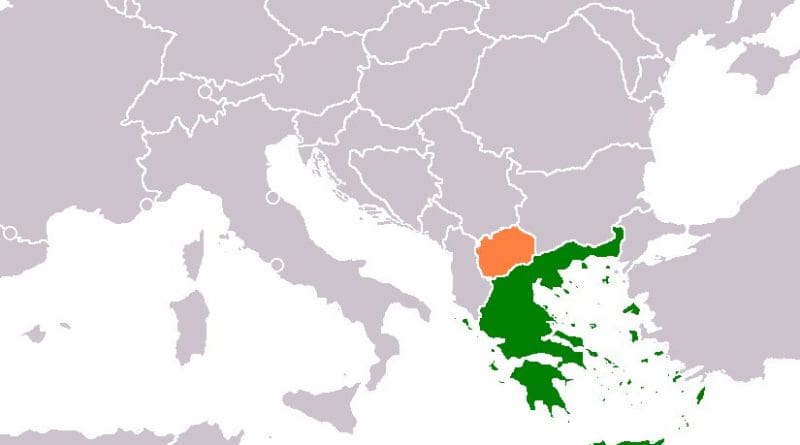Macedonia’s Parliament Ratifies Historic Deal With Greece
Macedonia’s landmark agreement with Greece over its name has passed its first hurdle, after the country’s parliament ratified the deal on Wednesday.
Macedonia’s parliamentarians on Wednesday approved the long-negotiated agreement with Greece over the country’s name, with all 69 deputies who attended the session voting in favour. Opposition deputies boycotted the session, however. Parliament has 120 seats.
Under the historic agreement, Macedonia is to change its name to “Republic of North Macedonia” in exchange for swift accession to NATO and a start to EU accession talks.
Zoran Zaev, Macedonian Prime Minister and leader of the ruling Social Democratic Union, SDSM, said before the vote that an invitation for Macedonia to join NATO would be discussed at the next NATO summit on July 11.
Now the agreement has been ratified by Macedonia’s parliament, Greece is also expected to promptly permit the EU to start accession talks with Macedonia.
Although hundreds of people protested against the deal in the days following the signing of the agreement, no such protests marred Wednesday’s vote in Skopje.
Opponents of the deal have mulled gathering in the evening, however.
President Gjorge Ivanov, an opponent of the agreement, issued a statement earlier on Wednesday reaffirming that he will not support the deal even if Prime Minister Zaev launches impeachment procedures.
His statement followed Zaev’s interview with TV Kanal 5, aired on Tuesday, in which he said that his coalition was ready to take moves against Ivanov.
Macedonia’s President can delay but not stop the deal from moving forward, as his powers are limited.
The next steps for the deal’s implementation this year include a potentially risky referendum on the deal in Macedonia, which will put Zaev’s government to the test.

